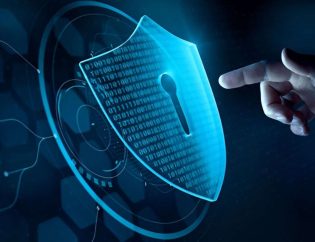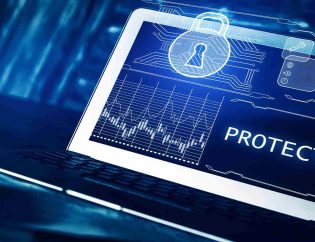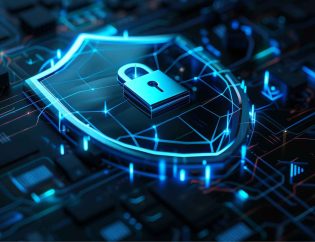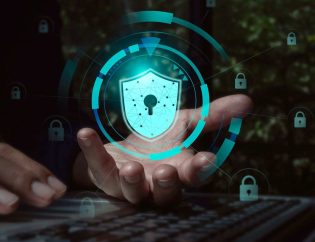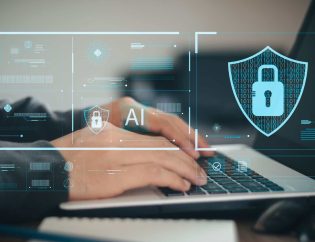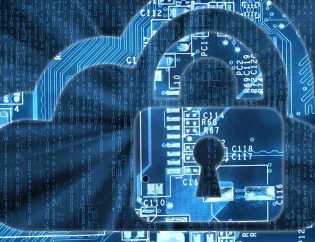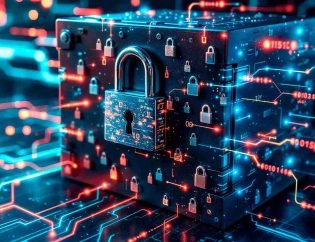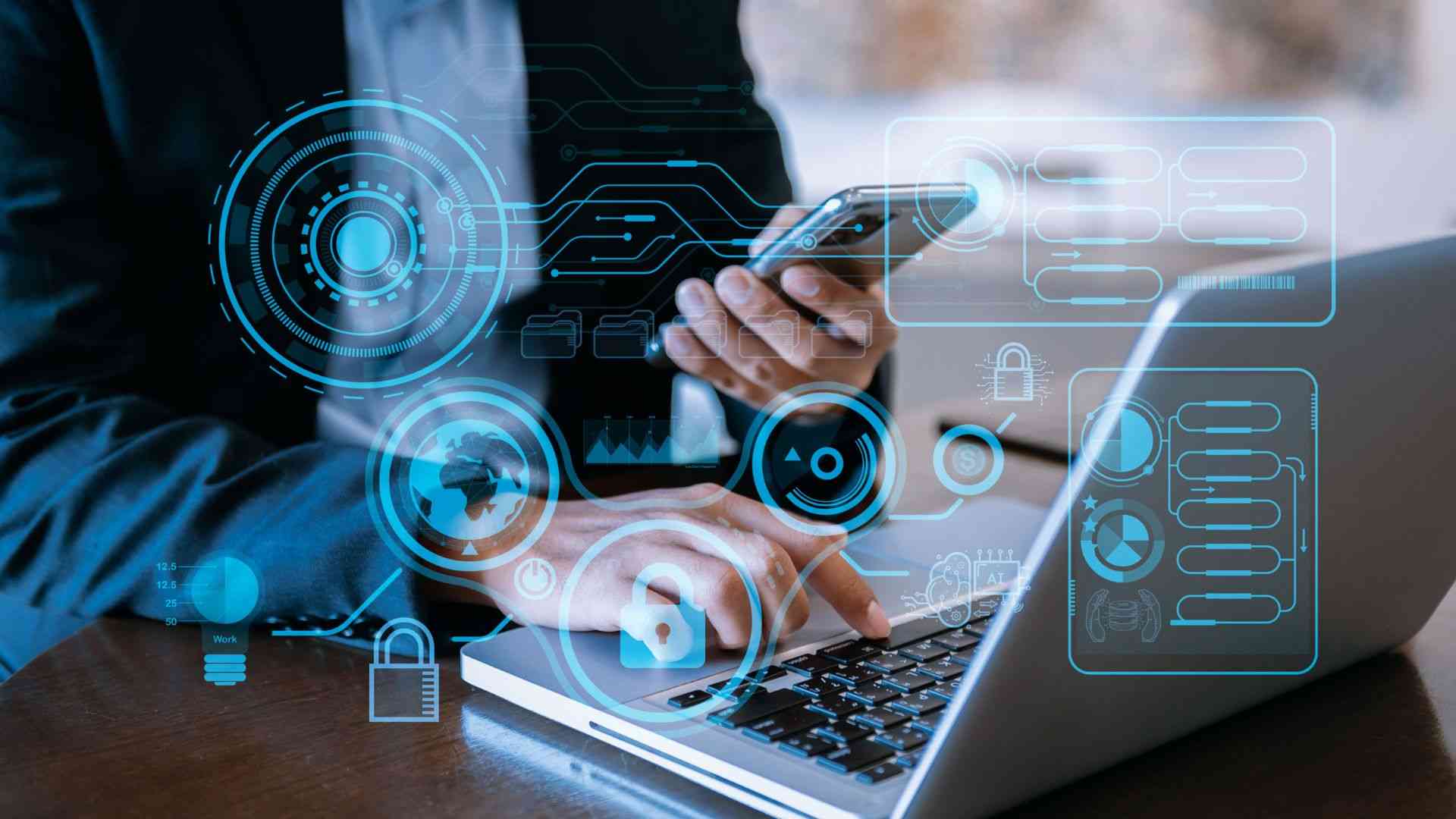
Table of Contents
Introduction
Understanding Endpoint Disk Encryption
Why Remote Work Increases Security Risks
Benefits of Endpoint Disk Encryption for Remote Work
Key Features of Endpoint Security Disk Encryption
How to Implement Encryption for Remote Devices
Common Challenges and Solutions
Customer Testimonial
Frequently Asked Questions (FAQs)
Conclusion
Introduction
With remote work becoming common, securing business data is more important than ever. Endpoint disk encryption protects data on laptops, desktops and mobile devices, preventing unauthorized access. If a device is lost or stolen, encryption ensures sensitive information remains secure. Without endpoint security disk encryption, companies face data breaches, legal fines and reputational damage, making encryption essential for cybersecurity.
Understanding Endpoint Disk Encryption
Endpoint disk encryption is a technology that protects data by encrypting the entire drive. This ensures that even if a laptop or mobile device is stolen, unauthorized users cannot access sensitive information.
Software vs. Hardware-Based Encryption
Organizations can choose between software-based encryption and hardware-based encryption based on their security requirements.
Comparison of Encryption Types
| Feature | Software-Based Encryption | Hardware-Based Encryption |
|---|---|---|
| Performance Impact | Can slow down the system due to CPU usage | Minimal impact as encryption is handled by hardware |
| Security Level | High, but dependent on software vulnerabilities | Higher, as it’s independent of OS attacks |
| Ease of Implementation | Easy to deploy and update | Requires compatible hardware |
| Key Storage | Stored within software (risk of malware attacks) | Stored in a secure hardware module (TPM) |
| Cost | More affordable | More expensive due to specialized hardware |
Why Remote Work Increases Security Risks
Remote work improves flexibility but also creates new security risks. Employees often use unsecured networks, personal devices and public Wi-Fi making them easy targets for cybercriminals. Without endpoint disk encryption, stolen or lost devices can expose sensitive company data. Below are key risks remote workers face:
1. Unsecured Wi-Fi Networks
Home and public Wi-Fi lack strong security, allowing hackers to intercept data. Without endpoint security disk encryption, cybercriminals can steal confidential business information.
2. Increased Risk of Device Theft or Loss
Laptops and USB drives can be lost or stolen from public places. If endpoint full disk encryption is not enabled, thieves can access customer data and intellectual property.
3. Lack of IT Monitoring and Control
Remote employees use personal devices that may lack security updates. Without endpoint security disk encryption, IT teams cannot enforce policies or prevent malware infections.
4. Increased Phishing and Social Engineering Attacks
Hackers use fake emails to trick employees into sharing credentials. Disk encryption ensures that stolen passwords do not grant access to sensitive files.
5. Sharing of Work Devices with Family Members
Personal laptops used for work may be shared with family members, increasing the risk of accidental data leaks or malware infections. Endpoint full disk encryption prevents unauthorized access.
6. Lack of Physical Security Measures
Unlike office setups, remote locations lack security protocols. Stolen or unattended devices can expose sensitive files. Endpoint security disk encryption ensures data remains protected.
Benefits of Endpoint Disk Encryption for Remote Work
Implementing disk encryption provides essential protection for businesses managing a remote workforce.
Key Benefits:
- Protects Confidential Data – Ensures files remain unreadable even if a device is stolen.
- Prevents Unauthorized Access – Only users with proper credentials can decrypt and read data.
- Ensures Compliance – Helps businesses meet legal requirements like GDPR and HIPAA.
- Enhances Employee Security – Reduces the risk of employees exposing sensitive information.
- Provides Remote Wipe Capability– IT teams can erase data from lost or stolen devices.
Without endpoint security disk encryption, even strong passwords won’t be enough to protect company data if an attacker gains physical access to a device.
Key Features of Endpoint Security Disk Encryption
Businesses must use endpoint security disk encryption with the right features to protect sensitive data. Encryption ensures that, even if a device is lost or stolen, unauthorized users cannot access its data. Below are key features every company should consider:
1. Full-Disk Encryption (FDE)
Encrypts the entire disk, including system files and user data, ensuring everything is protected. Even temporary files remain secure.
✅ Why It’s Important:
- Protects all stored data from hackers.
- Prevents access even if the device is stolen.
- Encrypts system and application files.
2. Pre-Boot Authentication (PBA)
Requires a password, PIN, or biometric verification before the operating system starts, blocking unauthorized boot access.
✅ Why It’s Important:
- Stops attackers from bypassing security.
- Ensures encryption is active before login.
- Prevents booting from external drives.
3. Multi-Factor Authentication (MFA) Support
Adds an extra security layer, requiring verification via password, device or biometrics before unlocking encrypted data.
✅ Why It’s Important:
- Protects against password theft.
- Ensures hackers can’t access encrypted files.
- Ideal for remote workers on unsecured networks.
4. Remote Wipe Capability
Allows IT teams to erase all data remotely from lost or stolen devices, preventing unauthorized access.
✅ Why It’s Important:
- Protects company data from theft.
- Ensures compliance with GDPR and HIPAA.
- Reduces risk of data breaches.
5. Centralized Encryption Key Management
Securely stores, distributes and recovers encryption keys, ensuring only authorized users can access encrypted files.
✅ Why It’s Important:
- Prevents key loss and permanent data inaccessibility.
- Allows IT teams to manage encryption remotely.
- Ensures quick recovery if credentials are forgotten.
6. Compliance with Data Security Regulations
Meets standards like GDPR, HIPAA and CCPA, ensuring legal protection and security compliance.
✅ Why It’s Important:
- Avoids regulatory fines.
- Builds customer trust.
- Protects sensitive information.
- Automatic Encryption Activation
Automatically enables encryption without user intervention, ensuring all devices remain protected at all times.
✅ Why It’s Important:
- Eliminates human error in security.
- Ensures encryption is always active.
How to Implement Encryption for Remote Devices
Deploying endpoint full disk encryption is a structured process that requires proper planning.
Step-by-Step Implementation Guide
1️ Choose the Right Encryption Software – Use industry-trusted solutions like BitLocker (Windows) or FileVault (Mac).
2️ Develop Encryption Policies – Establish company-wide rules on encryption use.
3️ Train Employees – Educate remote workers on the importance of encryption.
4️ Enable Pre-Boot Authentication – Require passwords or biometric authentication at startup.
5️ Monitor and Update Regularly – Ensure encryption software is up to date and compliant.
Common Challenges and Solutions
While encryption is essential, businesses may encounter obstacles during implementation.
| Challenge | Solution |
|---|---|
| Performance Issues | Use hardware-based encryption to minimize speed impact. |
| User Resistance | Educate employees on encryption benefits and provide training. |
| Lost Encryption Keys | Implement a secure key recovery system to prevent data loss. |
| Compliance Complexity | Use encryption solutions that automatically meet GDPR and HIPAA requirements. |
Protect sensitive data with Endpoint Disk Encryption! 🔒 Secure your devices with full-disk encryption, preventing unauthorized access & data breaches. A must-have for robust endpoint security! #DataProtection #CyberSecurity
— Hyper Secure (@HyperSecure) February 8, 2025
Customer Testimonial
“After implementing endpoint full disk encryption, our IT security improved dramatically. A lost laptop no longer means a data breach risk. Our remote employees feel safer and compliance audits have become easier.” — IT Manager, TechCorp
Frequently Asked Questions (FAQs)
What is endpoint disk encryption?
It is a security method that protects data on an entire device by encrypting it, ensuring that only authorized users can access the information.
Why is endpoint full disk encryption necessary for remote work?
It prevents unauthorized access to sensitive data, even if a device is lost or stolen.
Does encryption slow down a computer?
Modern encryption solutions are optimized to have minimal impact on system performance.
What happens if an encryption key is lost?
Organizations should have key recovery policies in place to prevent permanent data loss.
How does endpoint security disk encryption help with compliance?
It ensures businesses meet data protection laws like GDPR and HIPAA, reducing the risk of fines.
Can encrypted data still be hacked?
With strong encryption like AES-256, breaking encrypted data is nearly impossible.
Conclusion
Endpoint disk encryption is essential for businesses with remote employees, ensuring sensitive data stays protected from cyber threats, breaches and unauthorized access. Without endpoint security disk encryption, companies risk data loss, legal penalties and financial damage.
At Hyper Secure a leading Endpoint Security Company, we provide advanced endpoint full disk encryption solutions to safeguard your business data, enhance security and ensure compliance. Contact us today to protect your remote workforce with robust encryption solutions designed for maximum protection.
